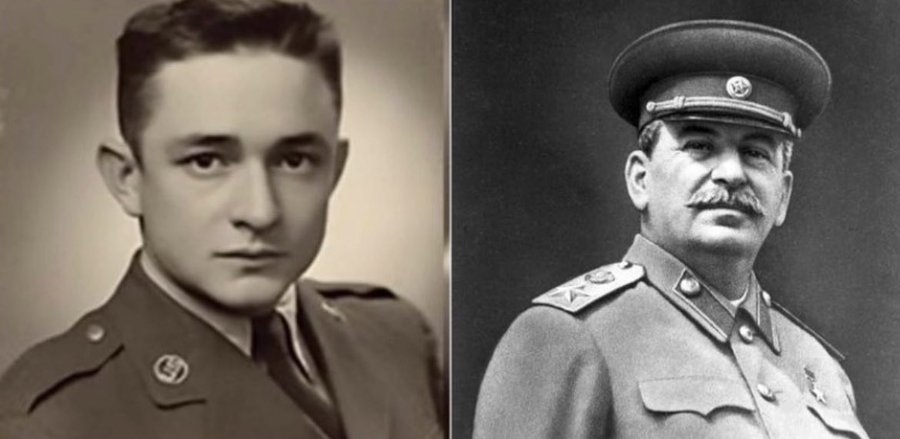cannabineer
Ursus marijanus
when I worked in the bay area, we evacuated a few times because a local creamery blew its ammonia loop. They shut it down after a short while.we have a heat pump, but we rent, so i have no idea what it uses as a refrigerant. it's in an akward spot to get to, so i've never looked.
I do know anhydrous ammonia will suffocate you if you get in a cloud of it, they built an anhydrous plant close to the town i grew up in in Mn., and twice in 20 years they've woken people up in the middle of the night because of possible leaks with the winds blowing toward town.
Not a horrible average, but if they miss one event, that's all it will take.








